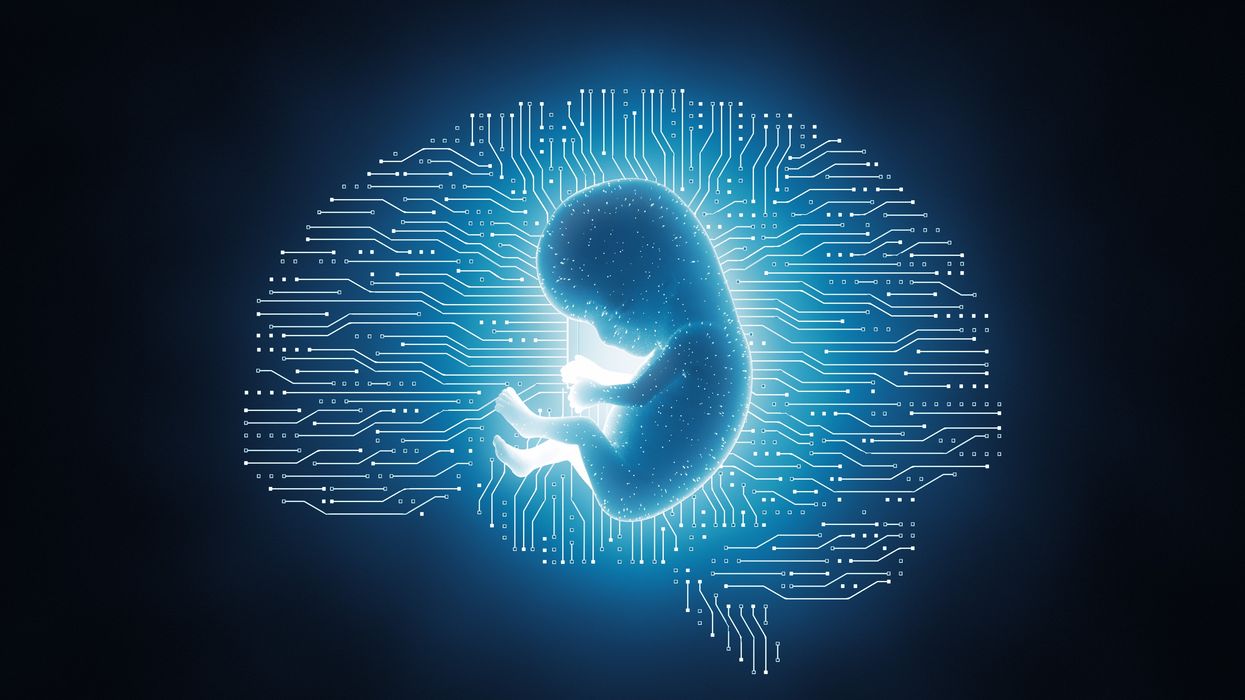A NEW study has found that newborn girls and boys have distinct brain structures at birth. While boys tend to have larger brains with more white matter, girls have significantly more grey matter, which is linked to learning, speech, and cognition.
Published in the journal Biology of Sex Differences, the study suggests these differences may result from biological sex-specific development in the womb.
White matter consists of long nerve fibres that connect neurons and facilitate communication between different parts of the brain.
Researchers from the University of Cambridge, UK, examined brain scans of over 500 newborns—236 girls and 278 boys—aged between 0 and 28 days.
"Our study settles an age-old question of whether male and female brains differ at birth. We know there are differences in the brains of older children and adults, but our findings show that they are already present in the earliest days of life," said lead researcher Yumnah Khan, a PhD student at the Autism Research Centre, University of Cambridge.
"Because these sex differences are evident so soon after birth, they might in part reflect biological sex differences during prenatal (pre-birth) brain development, which then interact with environmental experiences over time to shape further sex differences in the brain," Khan added.
After adjusting for total brain volume, the researchers examined specific brain regions. They found that, on average, girls had more grey matter in areas related to memory and emotion regulation, while boys had more grey matter in regions associated with processing sensations and motor control.
"On average, males had significantly larger intracranial and total brain volumes, even after controlling for birth weight," the study authors noted.
The researchers highlighted that these differences represent average trends and do not apply to all males or females.
"These differences do not imply the brains of males and females are better or worse. It's just one example of neurodiversity. This research may be helpful in understanding other kinds of neurodiversity, such as the brain in children who are later diagnosed as autistic, since this is diagnosed more often in males," said Simon Baron-Cohen, Director of the Autism Research Centre.
The study used data from the Developing Human Connectome Project, led by UK universities, including King’s College London, where newborns receive MRI brain scans shortly after birth.
(With inputs from PTI)




